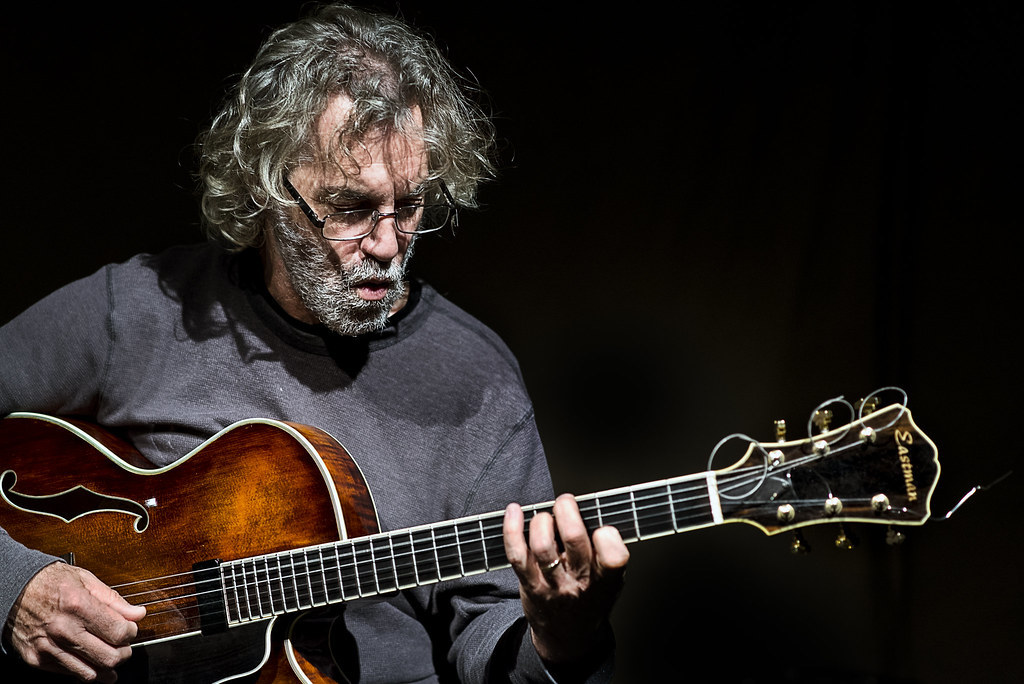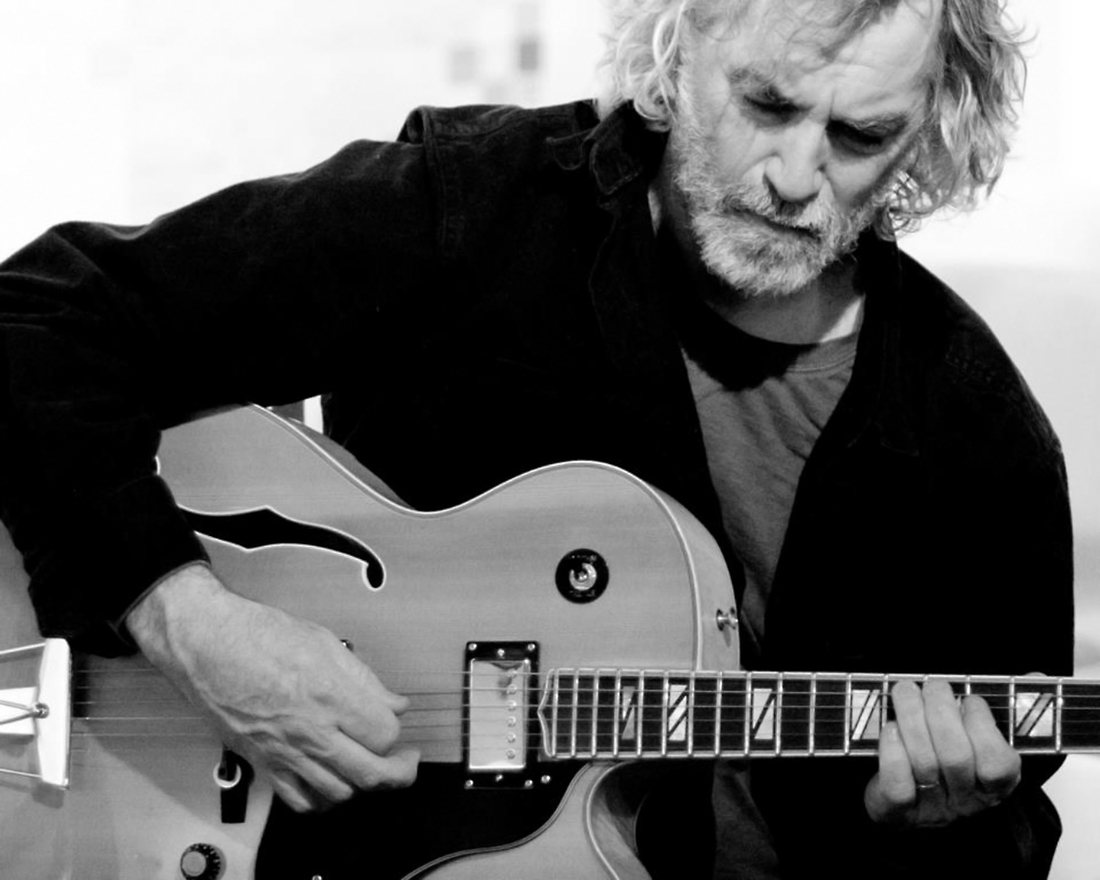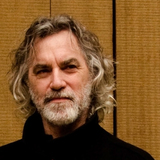Over the years I have drawn on non-western, non-european music to solve the objectives of composition and improvisation. West African string music is fundamental to everything I play. Of course there is no blues guitar without it. To build my technique I’ve drawn influence from the African instruments kora, n’goni, halam, zintir, guimbre, riti, indingiti, gonje, and burundi bass zither. I’ve also drawn from Tibetan Buddist Chant, Javanese and Balanese Gamelan, Chinese, Vietnamese and Korean traditional music. I’ve combined these materials with guitar techniques, and improvisational methodologies which are also combined materials.
Rather than use the classical guitar picking hand technique I chose to use the delta blues guitar version, and combined it with a simulated version of the picking used on a kora, which is a harp technique, I combined that with Unit Structures, Cecil Taylor’s methodology. My l fingerboard hand technique was developed as a combination of blues single-note phrasing and jazz saxophone, trumpet, piano, bass and violin phrasing, particularly from the free jazz canon, which can all be cited as sourced to particular players and in many cases by the exact point in a passage they played. At one point it was clear to me that in addition to plucking the strings I needed to find a way to bow them. Many guitarists used a violin bow. The problem with that is that you need rosin for the bow and the rosin ruins the strings. So I chose to just use the guitar pick sideways. My inspiration for this was the riti a West African one-string fiddle. I’ve employed accented, implied and proportional expressions of pulse in all of my music.
I have allowed my own creative decision-making to guide me to choose materials that help me to build techniques to fulfill my musical objectives. And I’ve created notations that signify these things. I have also identified and scored particular characteristics from musical sources that I wish to employ in my playing using single symbols that denote the names I have given them.
Clearly there are many things in my music sourced from Western European music, such as named pitches, equal temperament, scales, chords, harmony, meter, standard and graphic notation, and I greatly admire the music of Messiaen, Gubaidulina, Panderecki, Varese, Scodanibbio, and many others. But like my core inspirations I’ve used all of that in my own way, with little regard for and tradition they might be associated with. My goal was never to gain a place or have my work approved through the standard of classical music. I do it this way to follow what I’ve learned from African music, that music is the vessel of history that marks our time in sound and rhythm. I rely on improvisation because it facilitates that goal more efficiently and it offers my audience the chance to have a unique experience with every performance. One that allows them to decide its meaning based on how it marks the moment they hear it not on an academic explanation of its value in history.
--
Published in association with REMAIIN (Radical European Music and its Intercultural Nature), a project that investigates non-European cultural influences on the experimental, avant-garde and innovative music of the present and the past.
*main photo credits: Dawid Laskowski



